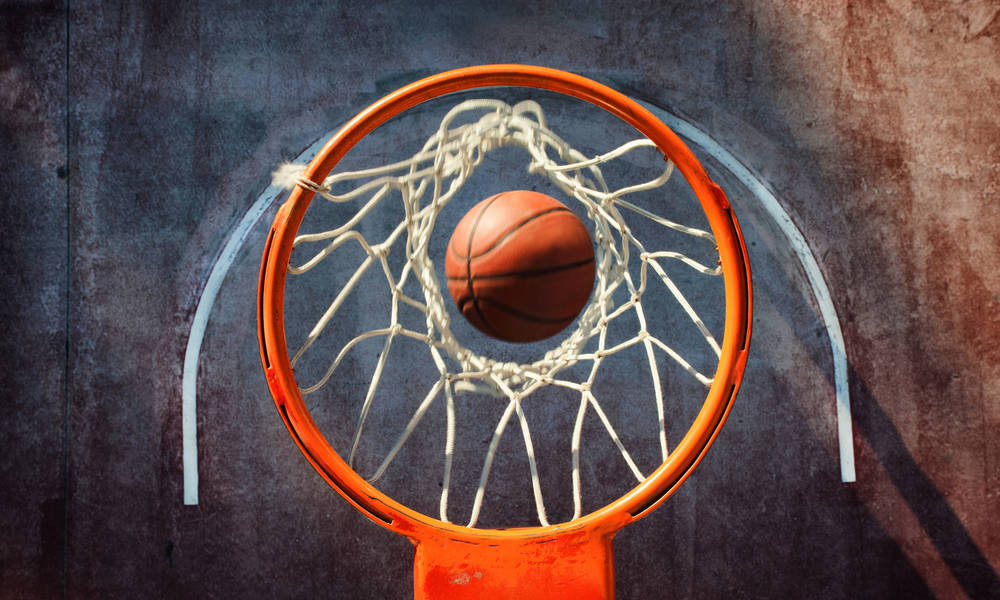
NCAA Rule Changes Give Basketball Players Flexibility
A series of newly announced rules by the association, among other things, allow college basketball players to enter the NBA draft without risk of losing their amateur status. The rules are based on recommendations from a commission led by former U.S. Secretary of State Condoleezza Rice.
The NCAA is revamping its approach to college basketball—and the result might be better overall for players.
This week, the collegiate athletic association announced a series of major structural changes to what the NCAA will allow athletes to do as amateur players, most of which will take effect next year.
Key among the shifts, as reported by ESPN, is a rule change allowing college players to enter the NBA draft and return to school if they go undrafted. Previously, a college player would be required to decide whether to return to school long before the draft took place, and undrafted players were not allowed to return to school as amateur players.
The NCAA also announced it will allow players to be represented by agents during the offseason. Agents can cover food and travel costs for the players and their families as state and federal law allows; and, depending on rule changes by the NBA and the high school-focused USA Basketball, youth players would potentially be able to hire agents as early as the summer before their senior year of high school. (USA Basketball has yet to decide on the rules, per ESPN, and the NBA currently does not allow high school players to go directly into the NBA draft.)
On top of this, players will gain more flexibility both during their time in high school (they can make more recruiting visits during the school year) as well as after their college playing days (they can return to school after they go pro, on scholarship, to finish their degree).
Other changes covered by the list include tightened regulations for summer basketball events, which are often put on by large companies; requirements that teams report to university leadership any athletic income that originated from outside the school; and a carefully considered rethink of enforcement rules, complete with two levels of independent review and tougher punishments for violators.
In a statement, the group’s leadership, including NCAA President Mark Emmert, said the goal of the changes was to offer students more flexibility in deciding their future, while limiting outside influences and improving policymaking and accountability in college basketball.
“These changes will promote integrity in the game, strengthen accountability, and prioritize the interests of student-athletes over every other factor,” stated Emmert, along with NCAA Board of Governors Chair G.P. “Bud” Peterson and Division I Board of Directors Chair Eric Kaler.
The rule changes came about in part because of a corruption crisis that affected college basketball. That crisis led to the formation of an investigative commission, which was led by Condoleezza Rice, the former secretary of state. The commission’s recommendations, which were announced in April, stopped short of advising that players receive payments for playing college basketball, and aimed to take steps to protect the vast majority of college players who don’t go on to a professional career.
“For the good of all involved, we need to put the ‘college’ back in college basketball,” Rice said at the time the recommendations were released, according to The Washington Post.
The rules could provide relief to college basketball players who don’t end up going pro, and could end the age of “one-and-done” players created when the NBA barred high schoolers from directly entering the draft. The tension between professional and amateur around the high-profile college sport has created problems for the NCAA in the past, including a lawsuit over likeness rights that involved former UCLA star Ed O’Bannon and nearly went to the Supreme Court.
(kadirkaplan/iStock/Getty Images Plus)






Comments